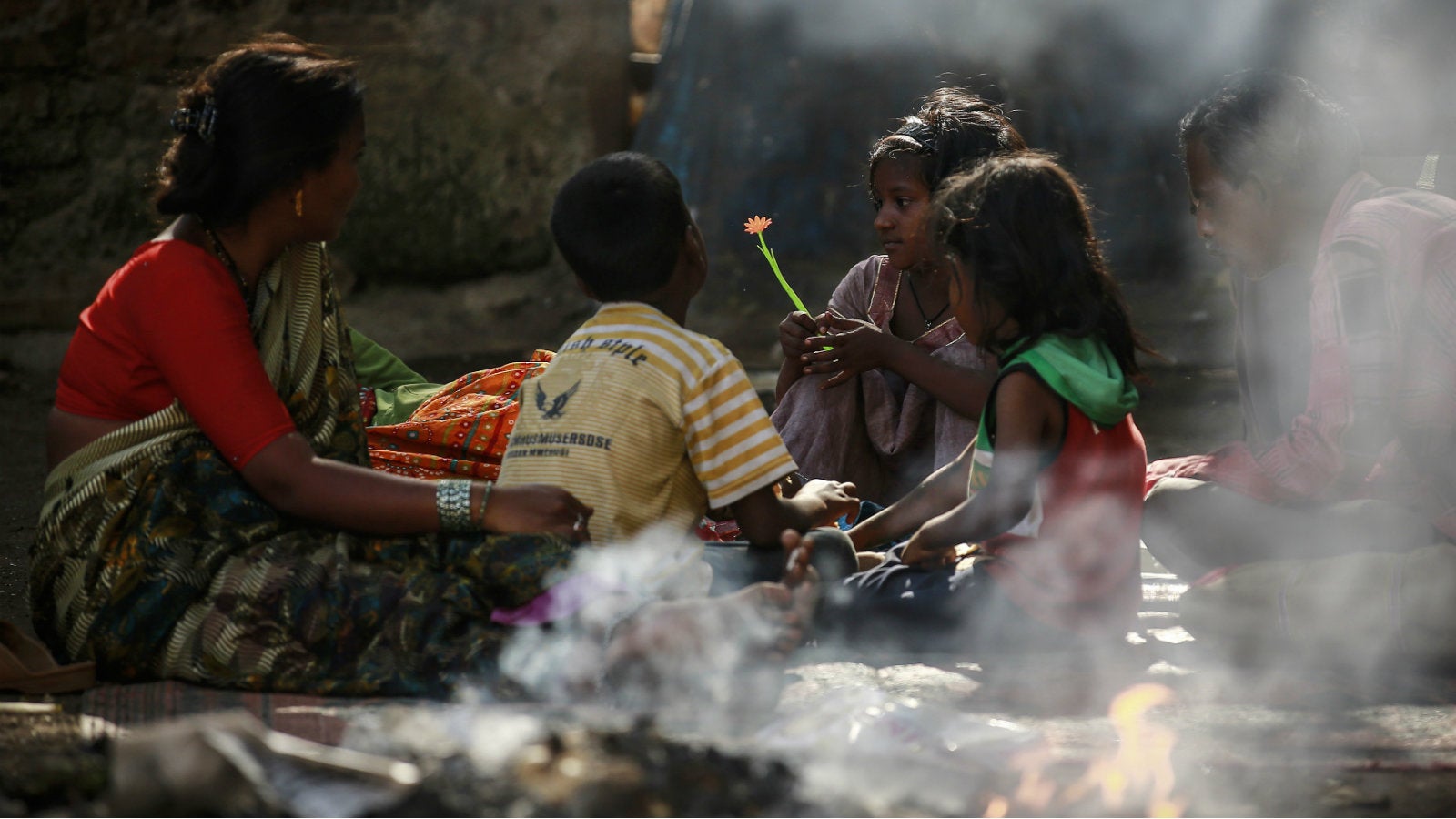India’s most conflict-ridden state becomes the first in the country to commit to a universal basic income
In a first, the restive Indian state of Jammu & Kashmir (J&K) plans to provide a basic income to all its citizens living below the poverty line (BPL). This is the first instance in India of a state committing to a universal basic income (UBI) policy.


In a first, the restive Indian state of Jammu & Kashmir (J&K) plans to provide a basic income to all its citizens living below the poverty line (BPL). This is the first instance in India of a state committing to a universal basic income (UBI) policy.
In his state budget presentation on Jan. 11, J&K’s finance minister Haseeb Drabu announced that the state will use direct benefit transfers, wherein the government puts money directly into citizens’ bank accounts, to implement this scheme. ”I want to leave the seeds of a thought on how to transition from running social welfare schemes to a well laid out social security system. It is not possible for me to do it now and on my own; it will need not only concurrence but help from the central government as well,” Drabu said.
A UBI would replace some existing social welfare schemes, which means the central government will have to work with J&K. Besides lowering the cost of delivering the welfare schemes, it will also avoid any leakages that currently plague many of them.
The idea of a UBI has its roots in Europe. It guarantees a fixed monthly income to each citizen irrespective of his or her employment status.
The Indian government is expected to release a report on UBI in its next economic survey that will be released ahead of the annual budget which will be presented on Feb. 01.
A promising model?
Experts have for long endorsed UBI. “This is even more important in India because we mess up on distinguishing the poor from others. BPL lists in most states exclude many poor people while many well-off families manage to bribe their way in,” Pranab Bardhan, emeritus professor of economics at the University of California at Berkeley, told the Mint newspaper in December 2014.
“Even the Aadhaar programme, which I am in favour of, will not solve the problem because the Aadhaar card won’t tell you if the person is rich or poor. But if you move towards universal transfers, you can avoid the inefficiency and corruption in classifications such as BPL,” Bardhan added.
In J&K, where geopolitical turmoil has wreaked havoc on the economy and people’s standard of living, such schemes could tackle poverty. The state has a poverty rate of 21.63% (pdf), with an extremely high unemployment rate of 105 per 1,000 persons.
Some experiments in the past have also proved that UBI could benefit a country like India which has the largest number of BPL people.
However, there are critics, too. The idea, they say, would discourage people from working and lead to high inflation by increasing the money supply in the system. Besides, paying citizens en masse would increase state spending. Some estimates have pegged it at as high as 11% of the GDP for India. Currently, the government spends some 4% of the GDP on various subsidies over and above its healthcare and education expenses.